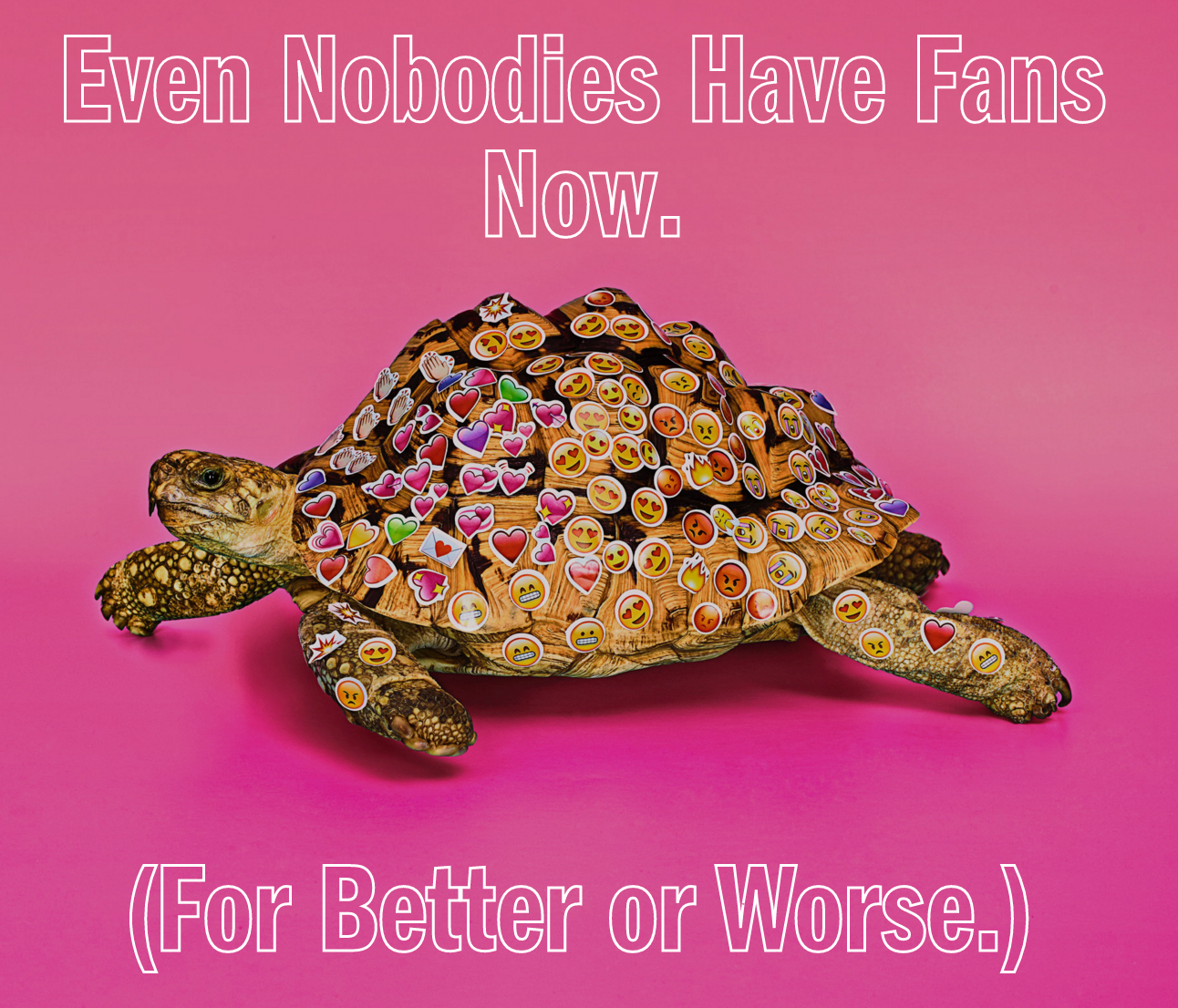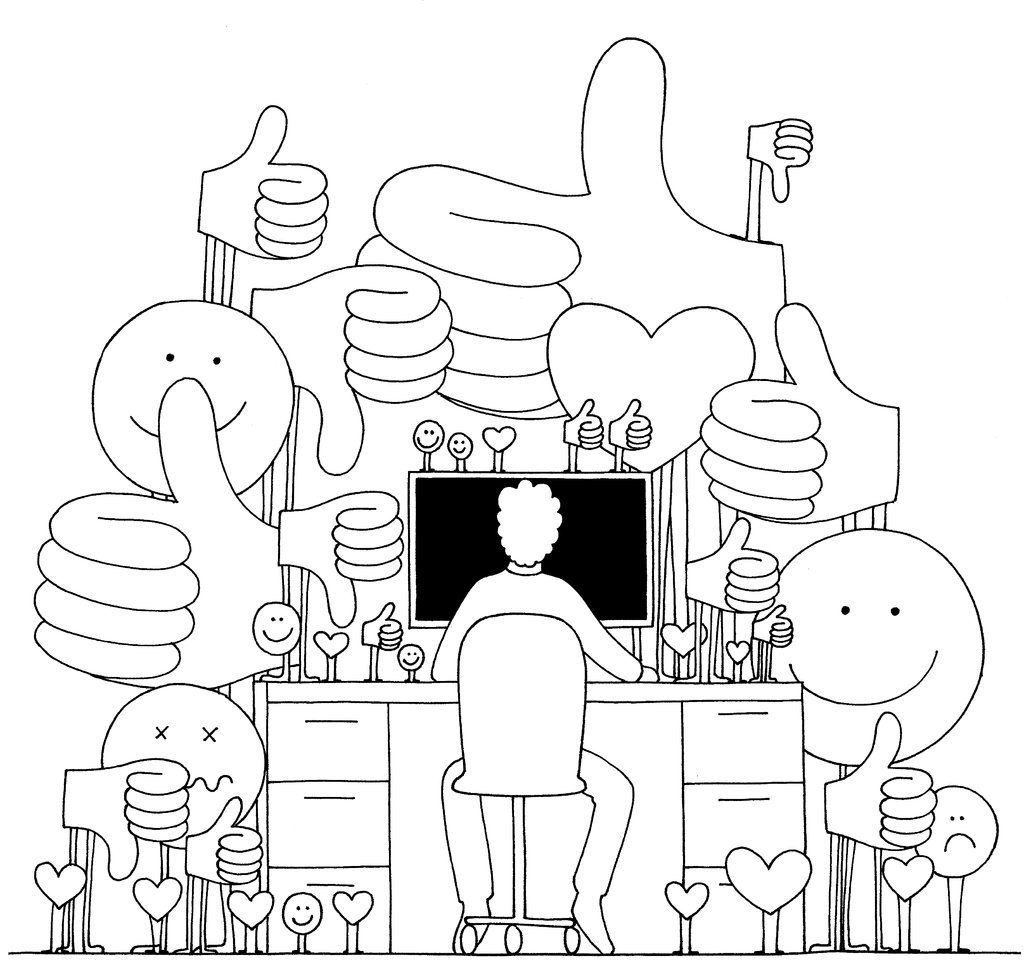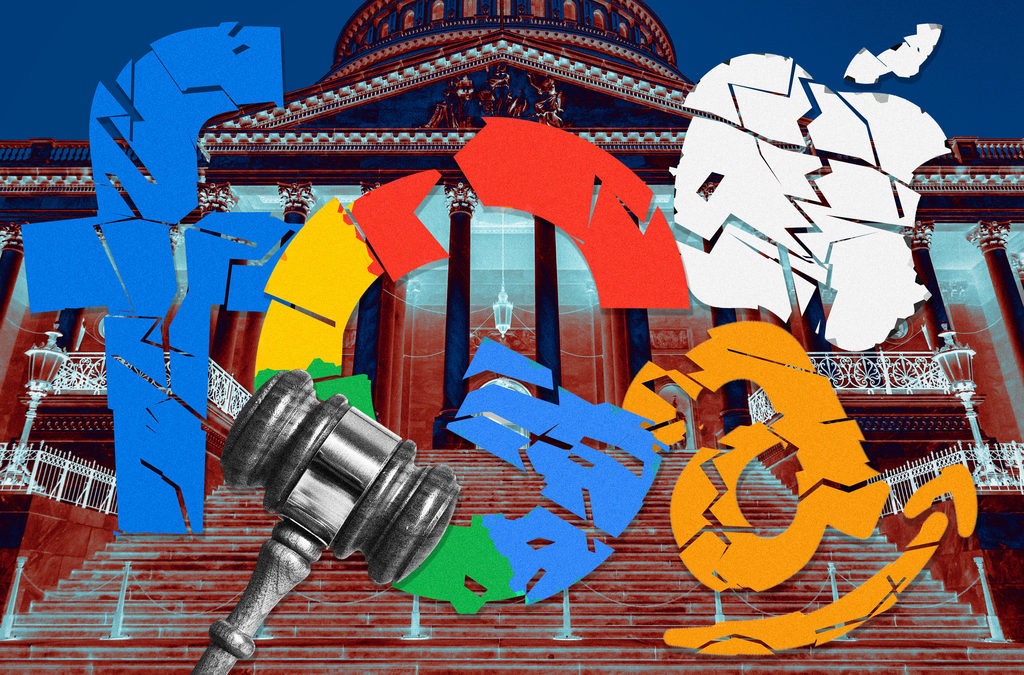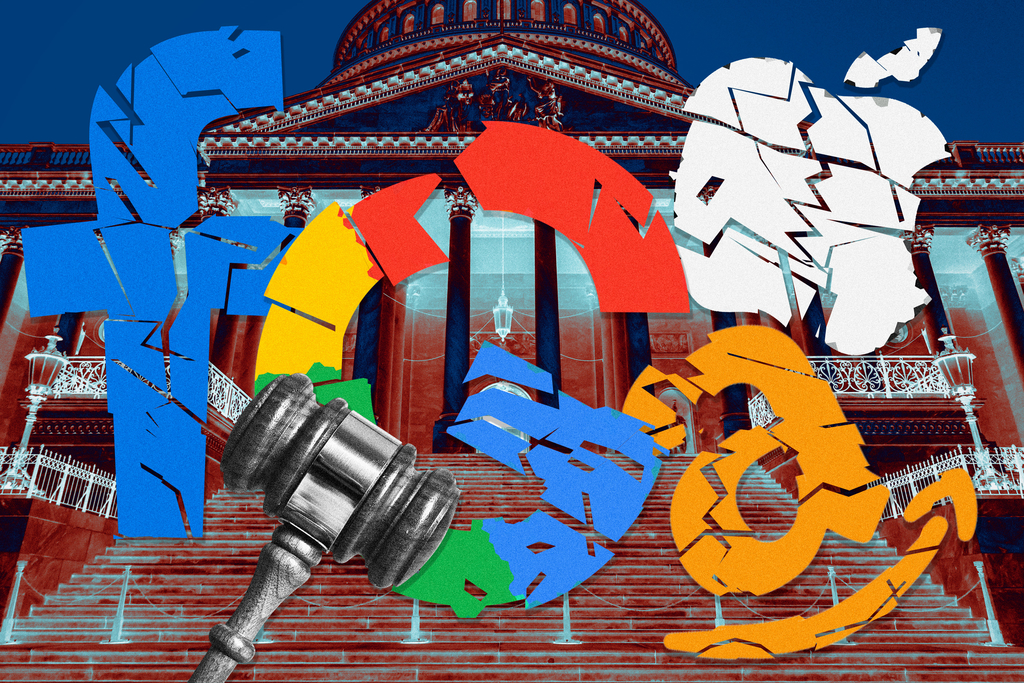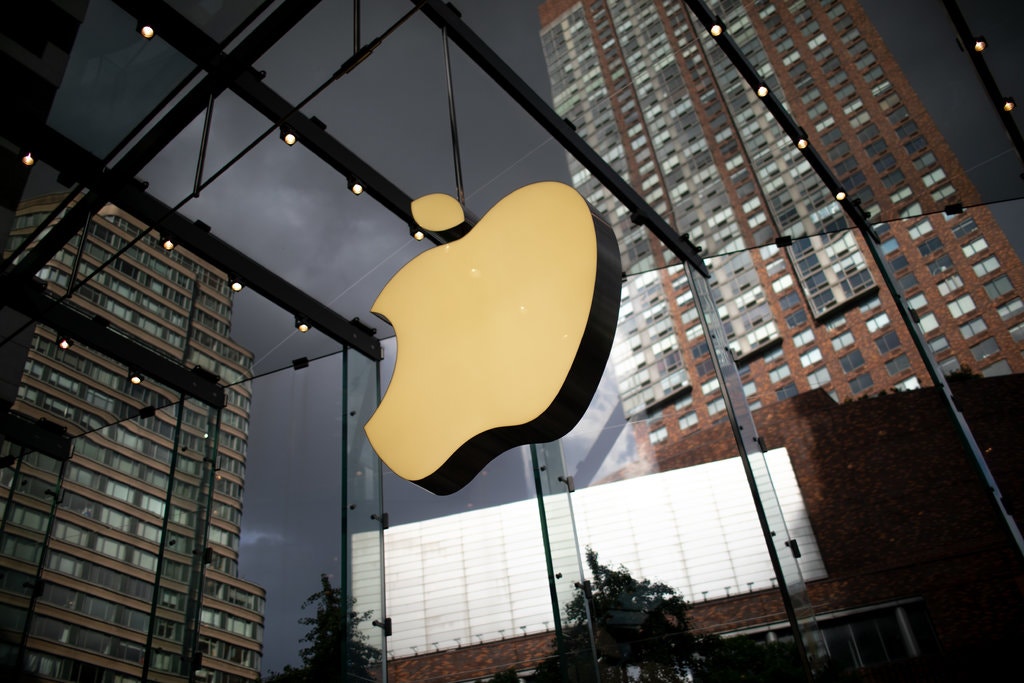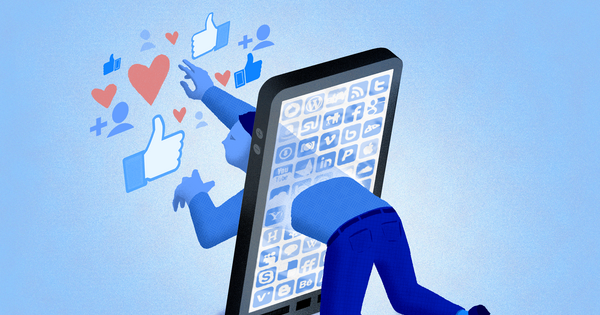
Social Media Is Addictive. Do Regulators Need to Step In?
Social media is designed to keep us scrolling even when we know we’d be better off putting the phone down. Yale SOM’s Fiona Scott Morton and her co-authors argue that smarter and more robust antitrust enforcement can help, by making room for new social media platforms that promote themselves as healthier alternatives.
If you’ve ever delayed sleep to doomscroll on Twitter or checked Instagram just one more time to see if someone else liked that selfie, you know that social media can be a time suck. But is it addictive?
A growing body of medical evidence suggests it is, economist Fiona Scott Morton of Yale SOM writes in a new paper, co-authored with James Niel Rosenquist of Harvard Medical School and Samuel N. Weinstein of the Benjamin N. Cardozo School of Law. That has important implications for how regulators should oversee social media platforms. And it also has surprising implications for antitrust enforcement.
Scott Morton, Rosenquist, and Weinstein argue that antitrust enforcement has long relied on assumptions about how to measure consumer welfare that simply don’t work when a company is making a habit-forming product. Indeed, Scott Morton points out, the entire field of behavioral economics has arisen to give us more sophisticated ways to understand “irrational” decision making, including evaluating the impact on our welfare of goods and services that come with self-control issues, from gym memberships and energy-inefficient air conditioners to opioids.
The addictive qualities of social media are compounded by a lack of competition in the industry. When air conditioners compete, the more efficient ones can gain an advantage by advertising their low running costs. But without meaningful social media competition or regulation, companies have little incentive to change the addictive quality of their content.
“We don’t want to ban cars because they are dangerous, nor would that be a good solution for social media,” Scott Morton emphasizes. “Instead we limit the danger of cars with tools like speed limits, traffic lights, drivers’ licenses, and seatbelts—and we have lots of competition and choice. In digital media we need to find a way to control the stuff that’s harming us, and our children in particular, while keeping the healthy part.” She believes smarter antitrust enforcement could help, making room for newer and safer social media platforms in the market as well as more competition.
For decades, the medical community was hesitant to accept that addiction was possible without the ingestion of a physical substance. But, as Scott Morton and her co-authors write, growing understanding of so-called behavioral addiction has chipped away at that resistance. In fact, gambling addiction is now recognized in the latest edition of the American Psychiatric Association’s Diagnostic and Statistical Manual of Mental Disorders.
Social media and gambling can hijack the brain’s reward system in similar ways, the researchers argue. In the case of gambling, you’ll keep pulling the slot-machine lever even after you’ve lost hundreds of dollars, just in case the next one is a winner; in the case of social media, you’ll get lost in the infinite scroll, no matter what else you should be doing.
It’s no coincidence that many of us find social media so hard to resist. The business model platforms have adopted depends on people giving up their time: the longer a user is swiping away, the more revenue-generating ads they’ll see. Features such as likes, comments, autoplay, and algorithmic promotion of emotionally arousing content are designed to keep users coming back again and again.
Scott Morton has seen it all firsthand. “Twitter will show me some posts, I’ll look at them, and then two minutes later, they’ll meter out some more…You can watch them try to drip it out so that I stay on the platform longer,” she says.
In theory, of course, there’s nothing wrong with spending a lot of time on social media. Companies have argued that the hours we log represent positive engagement with the platform: we like what we’re seeing, and so we stay.
But in practice, Scott Morton and her co-authors note, survey data finds that a large number of heavy social media users wish they used social media less because of its negative effects on their lives—a classic tug-of-war between short-term impulses and long-term goals that is a hallmark of compulsive behavior. Early data also links social media use among adolescents to mood disorders and ADHD. The dangers seem particularly acute for girls.
So, what does this all mean for regulators trying to decide whether social media platforms are engaging in anti-competitive conduct? Baked into antitrust enforcement is the idea of increasing consumer welfare: enforcement ought to make life better for consumers by promoting competition so that goods become cheaper, better, or both.
And economists have long argued that one especially useful way to look at consumer welfare is through what’s called output—the quantity of goods or services produced in a given market. “Historically, we have thought of pro-competitive things as being those that increase output and non-competitive things as those that decrease output,” Scott Morton explains.
If the merger of two ice cream companies results in an overall larger ice cream market, then (the basic argument goes) consumers must have benefited, either because ice cream was cheaper and they bought more, or because it was better and they bought more. If the merger reduces the size of the ice cream market, it must have been anticompetitive.
But the logic of output maximization falls apart when it comes to any addictive product. For someone addicted to, say, OxyContin, giving them more OxyContin represents an increase in output—but it surely doesn’t represent a simple increase in consumer welfare.
“This shortcut, which is, ‘Let’s use an output measure like number of pills to proxy for consumer surplus,’—it isn’t a valid shortcut anymore, not when you’ve got an addictive product,” Scott Morton says. “Giving people a larger quantity of something they’re addicted to is likely not increasing social welfare.”
So, rather than looking at output, regulators need to take a more expansive view of consumer welfare, Scott Morton and her co-authors argue—a view that incorporates the specific nature of the product in question. In the case of social media, an antitrust case might rely on whether a company’s business model offers incentives for addiction or has other negative effects on users’ behavior.
By looking at social media companies from this perspective, regulators can promote competition and innovation. It may seem paradoxical to argue that the answer to the problem of social media is more social media, but there’s good reason to believe it. Basic consumer protection regulations would also help by creating a level playing field.
With more companies vying for users, Scott Morton explains, they’ll have a greater incentive to differentiate in ways users value. In all kinds of markets—cars, movies, food—companies have thrived by promoting themselves as the safe option. A non-addictive social media platform could have similar consumer appeal.
“More social media sites means I can choose the site that offers me fewer ads, less addiction, more of the content that interests me,” Scott Morton says.
How far are we from a world of safer social media? Scott Morton thinks there’s reason to be optimistic. Indeed, considering how long it took to rein in exploitative practices in products such as cigarettes and credit cards, there’s an argument that social media regulation is on a fast track.
Lawmakers and regulators are paying more attention because “today, the harms are really much more visible to everybody,” Scott Morton says. “I think the younger generation is speaking up more and they understand it. The Europeans are moving quickly. So all of that is, I think, creating an environment where there might really be some progress.”
https://insights.som.yale.edu/insights/social-media-is-addictive-do-regulators-need-to-step-in


